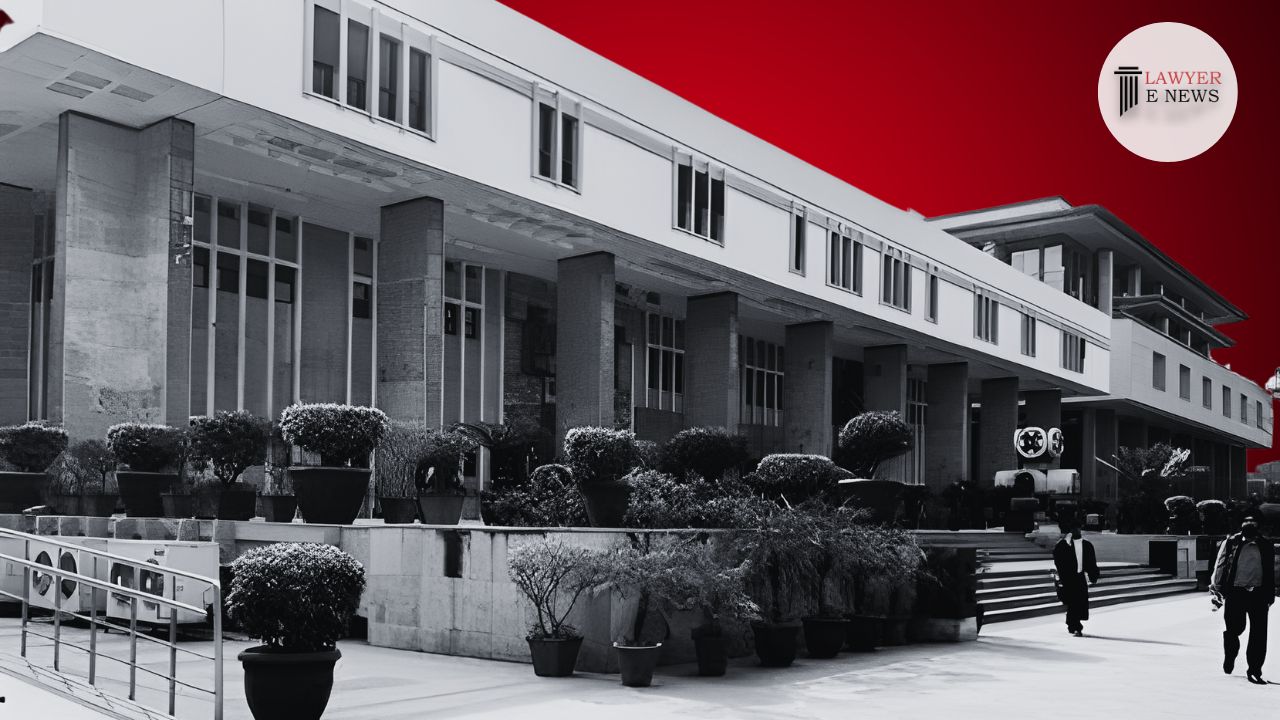-
by Admin
15 February 2026 2:36 AM



In a significant development, the Delhi High Court has granted regular bail to the accused in a high-profile fraud case involving allegations of misappropriation of funds amounting to approximately Rs. 8.5 crores. The judgment, delivered by Hon’ble Mr. Justice Saurabh Banerjee, has provided a respite to the applicant, who had filed a bail application under Section 439 of the Code of Criminal Procedure.
The accused, Mr. Mukesh Bhardwaj, had been arrested in connection with FIR No. 136/2012 registered at the Economic Offences Wing (EOW) of the Delhi Police. While the applicant was not named in the FIR, he was apprehended based on his association with the financial company M/s. B.P. Jewellers Pvt. Ltd. And M/s. Money Bhandar.
Justice Banerjee, in his judgment, observed, “Keeping the applicant behind bars for the prolonged period of trial would serve no purpose, especially in view of the fact that he is yet to be proven guilty.” The court further noted that the alleged nexus between M/s. Money Bhandar and M/s. B.P. Jewellers Pvt. Ltd. Had not been firmly established and that the trial in the matter was expected to be lengthy.
The judgment took into account the applicant’s clean record during his time in jail and emphasized that there was no occasion for him to languish behind bars while the trial was ongoing. The court, therefore, deemed it fit to grant regular bail to Mr. Mukesh Bhardwaj.
“While being inside the jail, the applicant has maintained a clean and unblemished record. Therefore, his continued detention is unnecessary, as the guilt has not been proven,” Justice Banerjee stated in the judgment. The court imposed certain conditions on the bail, including a personal bond of Rs. 1,50,000 and the submission of a passport (if possessed) to the Investigating Officer.
It is important to note that the observations made by the court are prima facie and do not reflect the final decision on the merits of the case. The judgment is expected to provide significant relief to the accused, whose trial is likely to take a substantial amount of time.
The legal fraternity has been closely following this case, given the magnitude of the alleged fraud and the complexities surrounding the involvement of multiple entities. The judgment sets a precedent for considering bail applications in similar cases where the accused’s role is not clearly established.
This judgment also serves as a reminder of the importance of due process and the presumption of innocence until proven guilty in the Indian legal system.
Date of Decision: July 17, 2023
MUKESH BHARDWAJ vs THE STATE OF NCT OF DELHI
